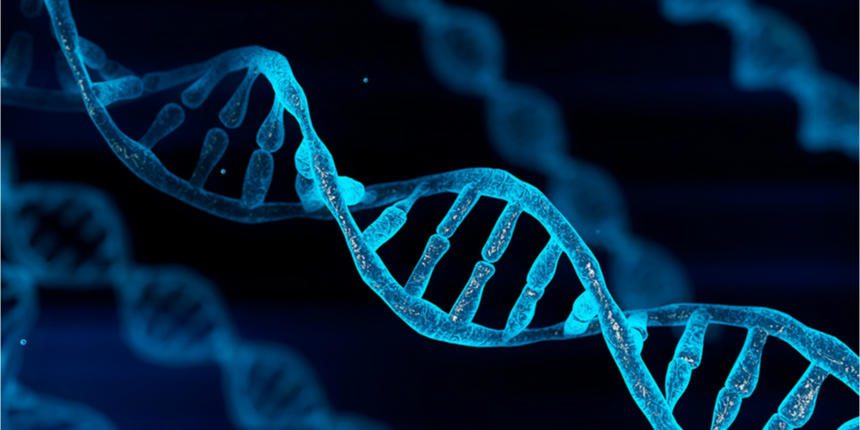Biology Class 10: Is Biotechnology The Future?
Biotechnology is the use of biology to solve problems and make useful products. As we are getting more technologically advanced, we are developing sophisticated biological products and leveraging biological processes to find solutions to some of the leading problems for humankind.

Biotechnology has proved to be a boon to healthcare. Scientists are developing microscopic equipment that can enter the human body and can be used for the precise delivery of drugs to the right locations in the body. Biotech has enabled the creation of new diagnostic tools that can help in faster and accurate detection of diseases and it has helped in creating assistive devices for people with certain medical conditions or disabilities.
The production of man-made insulin has changed the lives of millions of diabetes patients. Gene therapy is turning out to be a promising treatment for diseases for which there was no cure before. Vaccines have helped in the eradication of polio, smallpox, Hepatitis B and more.
Biotechnology, Vaccines, Healthcare
It is because of Covid vaccination only, that the COVID-19 pandemic has been brought underinto control, and we can expect a safer and disease-free future. It has offered the possibility of developing medicines that have been difficult to produce due to purity issues.
Couples suffering from infertility are now able to enjoy parenthood, while unborn babies can be detected and treated for any life-threatening disease, while still in the womb. Sensors, along with mobile technology, have enabled an individual’s health parameters to be analyzed on the fly.
Biotechnology, Agricultural Engineering
Biotechnology has brought a revolution into agricultural production through genetic engineering. We all are witness to how the Green Revolution drastically improved crop production, a phenomenon only possible through biotechnological advancements. We now have new crop varieties, which are disease and pest-resistant, and have enhanced nutritional content. Similarly, techniques such as artificial insemination have resulted in the creation of high milk-yielding breeds of cows and buffaloes. India is the biggest producer of milk, thanks to the field of biotechnology.
Biotechnology has helped in the creation of bio-enzymes that speed up industrial processes. It is also supporting environmental cleanup by eating up harmful chemicals and helping fight global warming using alternative and safer forms of energy instead of traditional fossil fuels. Bioplastics made from biopolymers are being leveraged in the packaging industry. The clothing industry heavily uses biochemicals for fabric processing, and now we are witnessing clothing and footwear made from a wide range of material, including spider web, which are strong as well as eco-friendly.
Biotechnology And GMO
While biotechnology offers solutions to some of the world’s leading problems, it comes with its own set of risks. We are still not aware of the long-term consequences of genetically modified crops on human health. The treatment of diseases using gene therapy might not always be beneficial and can result in new diseases. In the worst case, it can be weaponized to produce deadly pathogens which can threaten the very existence of humanity.
With all its risks, the future of biotechnology still looks strong. It offers endless possibilities. We can dream of a world without life-threatening diseases such as AIDS, cancer and Alzheimer’s and with sustainable development where we are able to meet food, energy and environmental needs through sustainable agriculture and without compromising Earth’s resources. The benefits far outweigh the potential risks associated with biotechnology. However, it is better to be proactive and cognizant and take precautionary measures, so that unintended consequences, if any, can be minimized while maximizing the benefits to humankind as well as to all living organisms and the environment.
Applications for Admissions are open.
As per latest syllabus. Physics formulas, equations, & laws of class 11 & 12th chapters
JEE Main Important Chemistry formulas
Get nowAs per latest syllabus. Chemistry formulas, equations, & laws of class 11 & 12th chapters
JEE Main high scoring chapters and topics
Get nowAs per latest 2024 syllabus. Study 40% syllabus and score upto 100% marks in JEE
JEE Main Important Mathematics Formulas
Get nowAs per latest syllabus. Maths formulas, equations, & theorems of class 11 & 12th chapters
